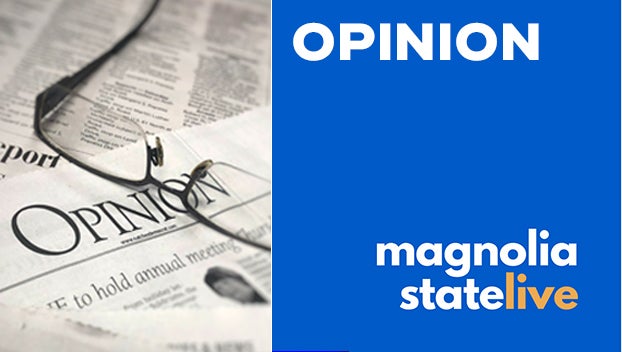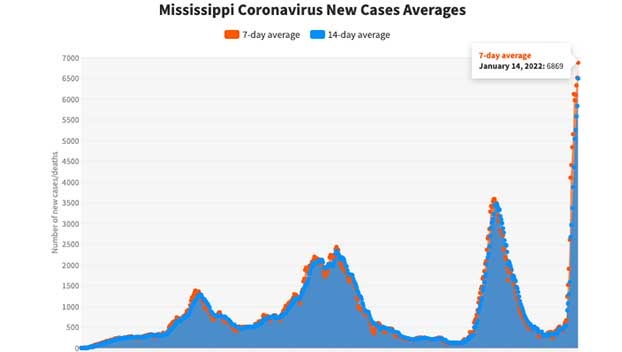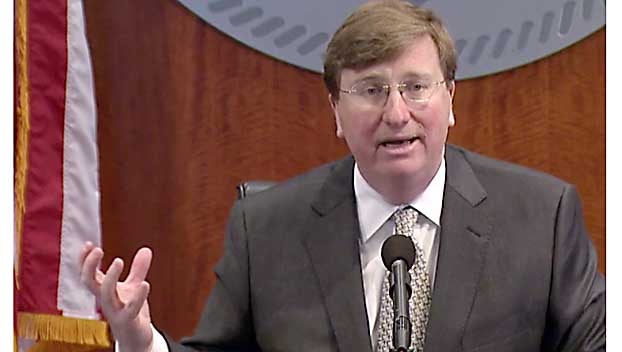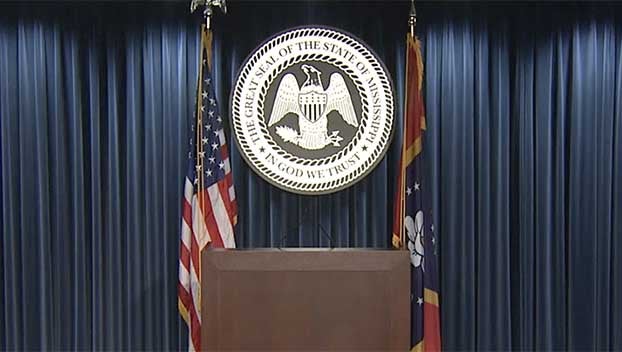Reeves’ political decision to dodge GOP debate a disservice to voters
Published 2:56 pm Wednesday, March 20, 2019
“Two out of three ain’t bad” may be pretty good song lyrics, but it’s an awful way to kick off the 2019 gubernatorial campaign.
On April 2, Mississippi State’s College Republicans and its Department of Political Science, will host a debate among the three candidates for Governor — retired Mississippi Supreme Court Justice Bill Waller, Jr., state Rep. Robert Foster and Lt. Gov. Tate Reeves.
Waller and Foster quickly accepted the invitation, but Reeves declined. A Reeves’ spokesman said the scheduling of the debate while the Mississippi Legislature was still in session made it impossible for Reeves to attend the event. The legislative session is scheduled to end on April 7.
Reeves’ devotion to his work as leader of the Mississippi Senate might be admirable were it not for the fact that legislators have been insisting for more than a week their intention to end the session by March 24.
The Capitol Building will be dark long before the April 2 debate.
So let’s call this what it is: A strategy move by the perceived GOP front-runner.
We find that unacceptable.
During any campaign, candidates will make strategic decisions designed to benefit their campaign. We understand that.
But we believe a sharp distinction should be drawn when it comes to debates.
Any candidate for public service should instantly recognize that participating in debates is a public service, too, providing voters an opportunity to hear all candidates respond to debate questions and exchange ideas with their opponents.
It is important for voters to be informed, and debates are a valuable tool for voters as they measure the candidates against one another.
Unfortunately, debate-dodging appears to have become standard practice for GOP front-runners. In last year’s U.S. Senate race, incumbent Republican Roger Wicker repeatedly refused to debate his Democratic challenger, David Baria.
In the other Senate race, incumbent Republican Cindy Hyde-Smith steadfastly declined to debate Democrat Mike Espy and fellow Republican Chris McDaniel leading up to the general election, but did agree to one debate Espy before the runoff.
Instead, Wicker, Smith and — apparently Reeves — preferred campaign events where they could make their cases before friendly audiences and avoid any substantive give-and-take about their positions.
That may be good for raising money and rallying their bases, but it does nothing to help voters draw real distinctions between the candidates.
Refusing these invitations is a disservice to voters.
It’s a terrible way to kick off the campaign to decide our next governor.
In this case, two out of three IS bad.
— This editorial was originally published in the Commercial Dispatch newspaper in Columbus.
_






